The UK Transport Secretary announced a £650 million electric vehicle subsidy scheme, offering up to £3,750 to buyers of low-emission vehicles. The program will cover dozens of electric models.
However, most Chinese-made EVs are expected to be excluded from the policy, facing “targeted exclusion.” BYD has voiced criticism, while Leapmotor, Great Wall Motors, and SAIC MG have opted to respond with price cuts.
The subsidy initiative has been welcomed by the UK automotive industry. Mike Hawes, Chief Executive of the Society of Motor Manufacturers and Traders (SMMT), stated: “The announcement to reinstate government support for electric vehicle purchases sends a clear signal to consumers: now is the time to switch to electric vehicles.” The UK plans to publish the list of eligible models on August 11.
However, meeting the stringent criteria for subsidies is no easy feat. Eligible vehicles must be zero-emission, priced below £37,000, and come with an 8-year or 100,000-mile battery warranty (guaranteeing 70% capacity retention). A key factor determining whether a vehicle qualifies for the £3,750 (Tier 1) or £1,500 (Tier 2) subsidy—or is excluded—is an environmental rating. Electric vehicles produced in countries reliant on fossil fuels face a disadvantage in eligibility.
While the UK government states this rating aims to incentivize sustainable production, critics—including Tim Dexter, head of Transport & Environment (T&E) UK—view it as punitive toward Chinese-made vehicles. UK Transport Minister Lily Greenwood told the BBC: “We believe any vehicle assembled in China should not qualify for this scheme.”
This move mirrors France’s approach. Last September, France revised its electric vehicle subsidy policy to exclude Chinese brands and Western brands produced in China (such as the Mini Cooper and Seat Cupra Tavascan).
UK automotive publication Autocar notes that the Nissan Leaf, soon to be manufactured in Britain, is expected to qualify for Tier 1 subsidies. This is due to the UK’s lower grid carbon intensity and local battery sourcing. Automakers with UK operations and development plans will be prioritized. Additionally, manufacturers must join the Science Based Targets initiative, committing to a 42% emissions reduction by 2030 (compared to 2020 levels) and achieving net-zero emissions by 2050.
In response to this subsidy policy, a spokesperson for the Chinese Embassy in the UK called on the UK to comply with World Trade Organization rules and create a “non-discriminatory investment environment.”
Following the announcement of the UK’s EV subsidy scheme, Chinese automakers have not been deterred. Instead, to address potential exclusion from subsidies and avoid sales disruptions, brands like Leapmotor, Great Wall Motors, and SAIC MG have taken proactive steps by introducing independent incentive programs.
Among them, Leapmotor was the first to announce price reductions across its entire model range in response to the UK government’s new EV subsidy policy. Specifically, the Leapmotor T03 received a direct price cut of £1,500, bringing its starting price to £14,495—even lower than the Dacia Spring (starting at £14,995)—making it the UK’s most affordable electric vehicle. The Leapmotor C10 also saw a simultaneous price reduction of £3,750, with its starting price now set at £32,750. This means the price reductions for both models precisely align with the two tiers of the UK’s new EV subsidy scheme.
Great Wall Motors is offering a £3,750 “green subsidy” for the ORA 03 PURE, PRO, and GT models. This incentive takes effect immediately and applies to orders placed before September 30, 2025, with the discount applied directly. “We’re proactively offering £3,750 off the ORA 03 range, making it accessible to everyone,” said Toby Marshall, Managing Director of Great Wall Motors UK. This brings the starting price for the ORA 03 PURE to £21,245, while the PRO and GT versions are priced at £25,245 and £29,245 respectively.
MG Motor UK is also offering a £1,500 incentive for private buyers of the MG4 EV and MG5 EV. Like Great Wall Motors’ offer, this subsidy is available immediately and operates independently of UK government incentives.
In an interview with the Financial Times, BYD Executive Vice President Li Ke criticized the UK’s latest electric vehicle subsidy policy as akin to “drugs,” arguing it will harm the UK market in the long term. Li Ke further stated that this policy would not impact BYD’s UK sales, pledging that the company will open approximately 280 dealerships in the UK and create over 5,000 jobs by next year.
Following the launch of the Omoda and Jaecoo brands in the UK, Chery Group recently announced plans to introduce two new Chery-branded SUVs in the UK. Geely also revealed plans to launch its Geely brand in the UK by the fourth quarter of 2025, with the EX5 electric SUV as its debut model. Prior to this, Lotus, Volvo Cars, and Polestar have already established their presence in the UK. GAC Group is also entering the UK market, initially introducing two AION brand electric models—the AION V and AION UT—with the first batch expected to be delivered to UK consumers in the first quarter of 2026.
Parallel to this comprehensive push by Chinese automakers is the rapid growth of Chinese vehicle sales in the UK. SMMT data shows that in June this year, Chinese automakers including MG and BYD sold 18,944 vehicles in the UK, accounting for 10% of the market—up from 6% in the same period last year. For the first half of the year, Chinese vehicles captured over 8% of the UK market share.



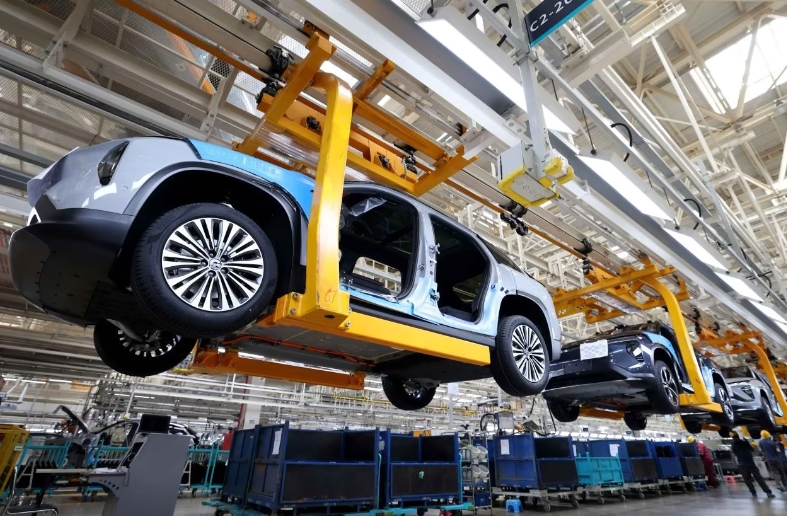
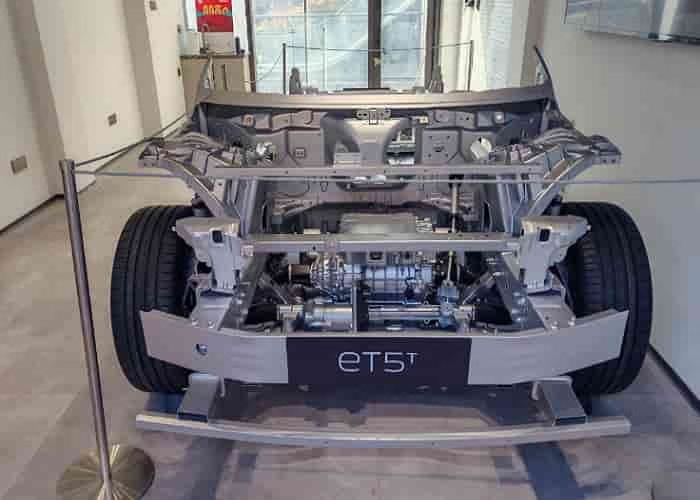
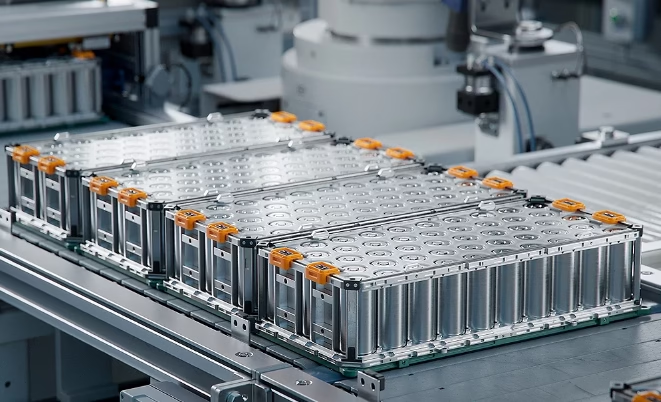
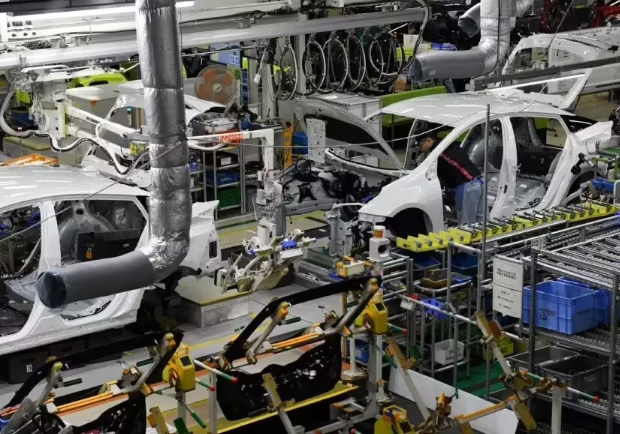
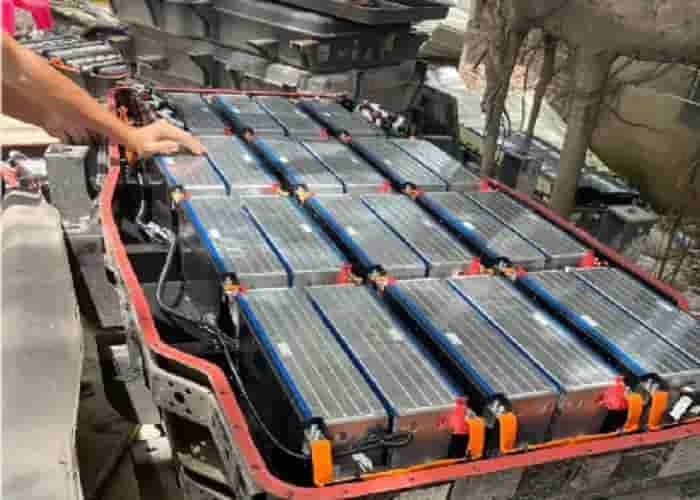
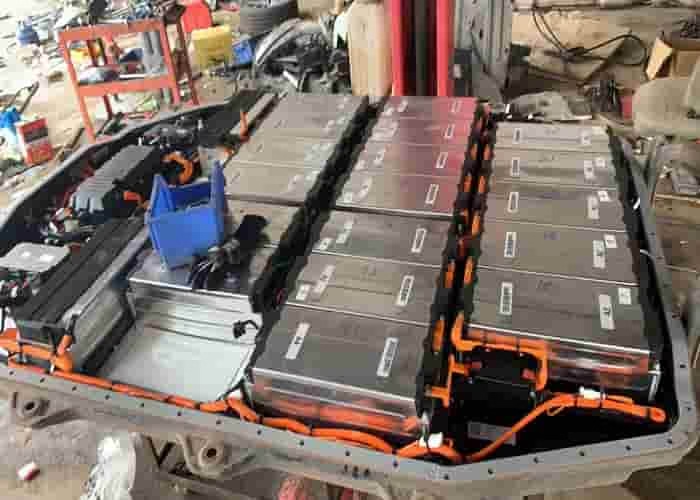




Leave a Reply